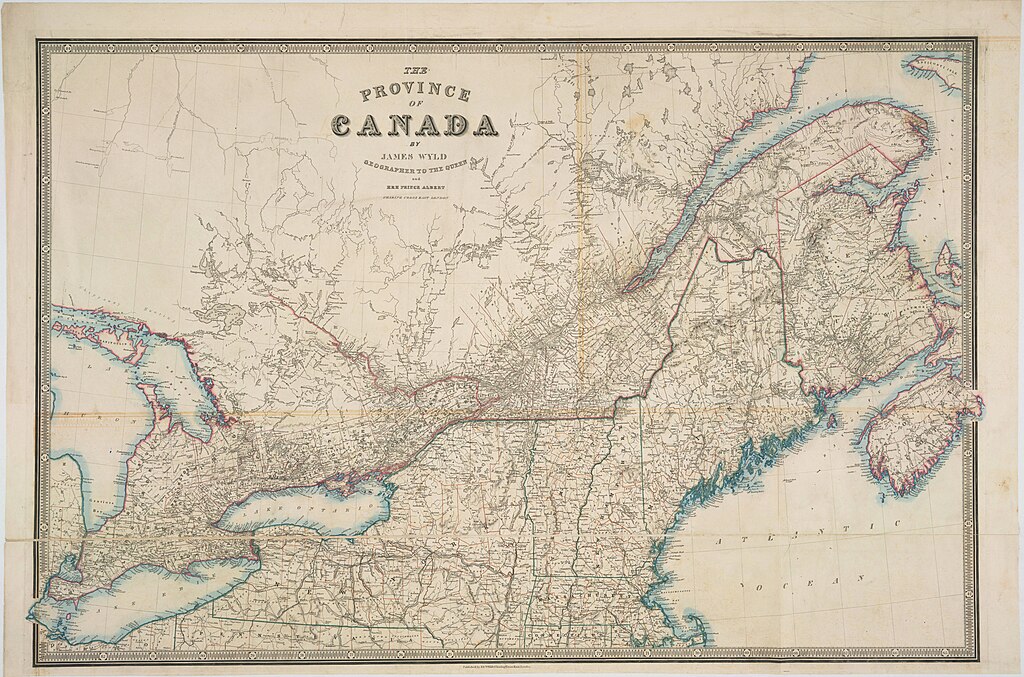The Act of Union 1840 was passed on July 23rd, 1840. It proclaimed to unify Upper and Lower Canada into the Province of Canada with one unified governing body. Many changes took place, including abolishing French as a national language. It is rare for two countries to fight tooth and nail to unify into one nation. However, that is precisely what Upper and Lower Canada did under British rule.
Fun Facts
- The British North America Act of 1840 is also commonly called the Act of Union 1840.
- The British parliament approved it on July 23, 1840. At the time, an act also had to be proclaimed, which was done on February 10, 1841, in Montreal.
- This legislation abolished the Lower Canada and Upper Canada colonies and created the Province of Canada, a new political entity to replace them.
- It is important to note that after the War of 1812, the elected assembly was comprised of many French Canadians.
- The Act of Union 1840 is a direct consequence of the Durham report, which followed the rebellions of 1837-1838. The final Durham Report of 1839 resolved that Upper and Lower Canada be unified to quiet the revolts.
- After the Act of Union in 1840, the French language was banished from the country’s official spaces.
- Some institutions that were French-Canadian were also suspended.

